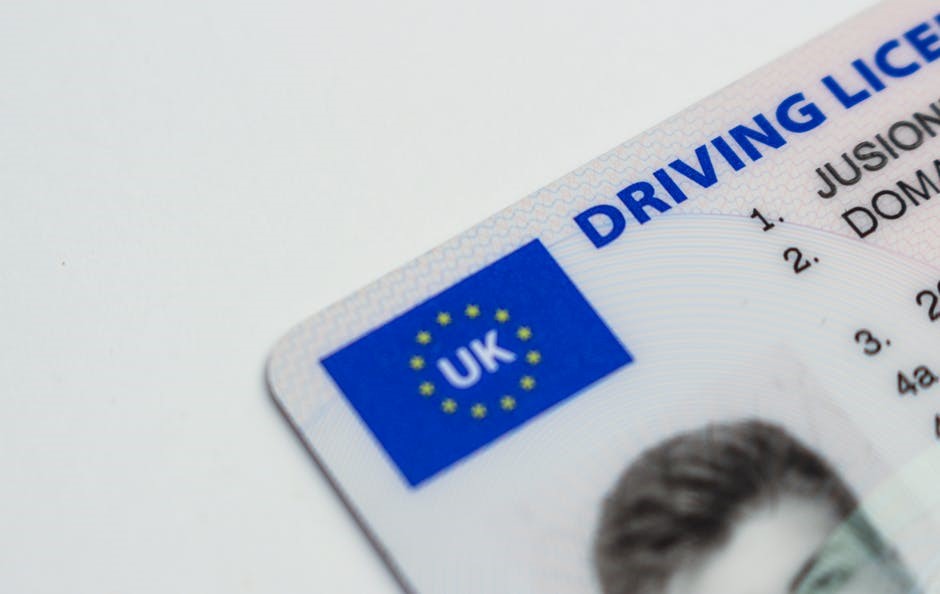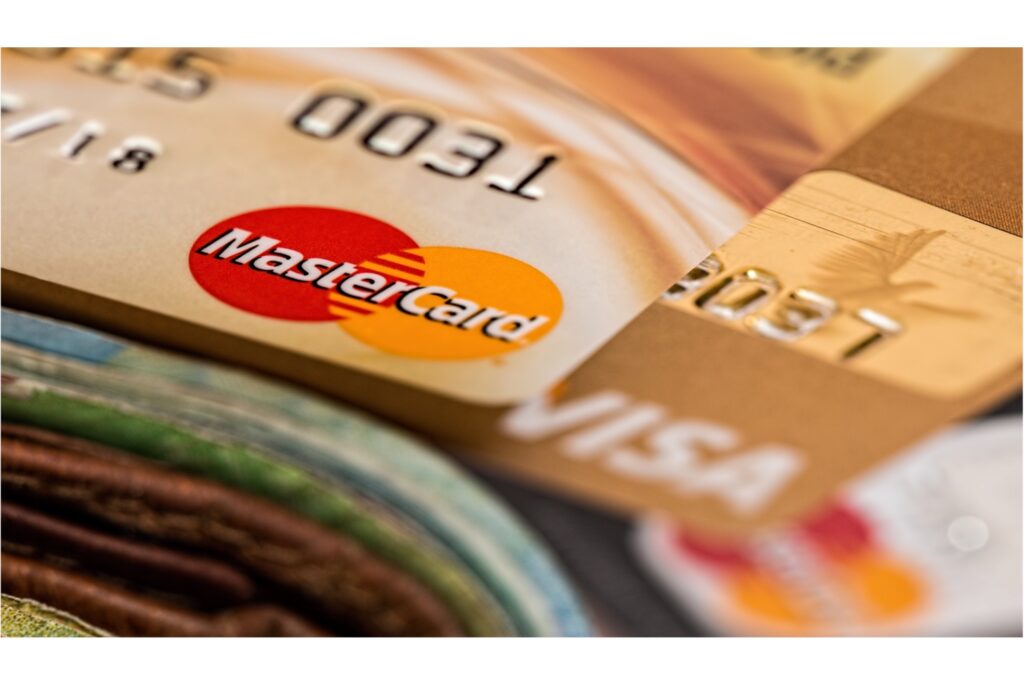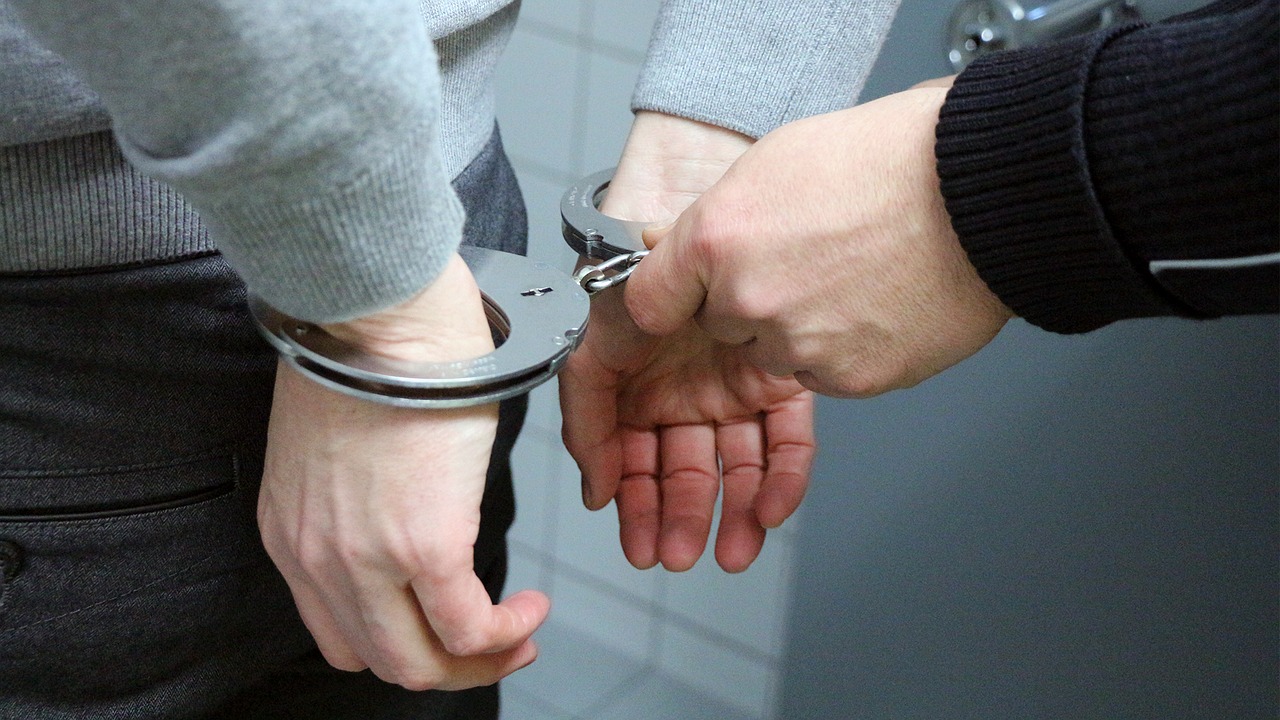Will A Criminal Record Stop Me From Getting A Job Working With Children?
To secure a job as a social worker or a similar role you will be required to complete an enhanced DBS check, this type of check is for individuals who will be working with children or vulnerable adults. By law, social workers are required to declare any criminal convictions, even if they are spent due to the requirement for an enhanced disclosure.
The enhanced DBS check required to work in this sector will report all spent and unspent convictions, checking the adults and children’s barred lists, and any other relevant information held by local police forces (Soft intelligence – disclosed at Chief Police Officers discretion), assuming they have not been omitted under the filtering rule.
It is always best to let your future employer know if you have a criminal conviction before the check is processed, turn it into a positive learning experience. Everyone makes mistakes and it may have been a lapse in judgment many years ago, it’s always best for an employed to hear the information from you first.
Can You Work with Children with a Criminal Record?
A criminal record does not bar an individual from working with young people or vulnerable adults. However, although employers can’t turn anyone away for a having a criminal history, many employers are influenced a great deal by prejudice.
Rest assured that if you do have a criminal record and are looking to work with young children or vulnerable adults, a criminal record will not automatically stop you from reaching your career goals.
We spoke to several local authorities in Wales and out of the 277 social workers they employed during 2017, 4 had criminal records. Although the numbers employed with criminal records are very low, this figure does show that individuals with criminal records are being employed and able to work in this sector.
However, the low figures may be due to the stigma attached to a criminal record putting individuals off applying for roles and the fear of rejection based on their record.
Depending on the role, just because you have a criminal record it does not automatically put you at a disadvantage to the other candidates employing for the role. If you do get rejected for a position you applied for, do not automatically assume it is because of your criminal past.
Only 2% of applicants applying for a vacancy get through to the interview stage. There are numerous reasons why an applicant might not be suitable, ranging from a lack of experience or another applicant is better qualified. Persistence is key in this regard and remember only a select few professions, like the police or prison service, will not hire anyone with a criminal past.
How Can CBS Help Me?
All DBS checks must be requested by an organisation, however that doesn’t mean individuals do not have access to their certificate. If you are worried about what may appear in your background check, get in touch with our friendly team who can explain the filtering process and whether your crimes will appear or not.
back to news
What Are the New DBS ID Checking Guidelines?
Since the beginning of 2018, there have been new rules on ID checking. This week, the DBS notified us that the identity checking guidelines for standard and enhanced checks have been updated too. Discover the latest developments from the DBS summarised below.

Manage the risks of holding credit card information.
Are you a business that holds credit card and other monetary information? Then this blog post is for you!

Let’s get back to basics – What you need to know background screening.
At CBS, background screening is at the heart of what we do, so in this blog post we wanted to go back to basics and discuss everything you need to know about background screening.

 Contact Us
Contact Us
